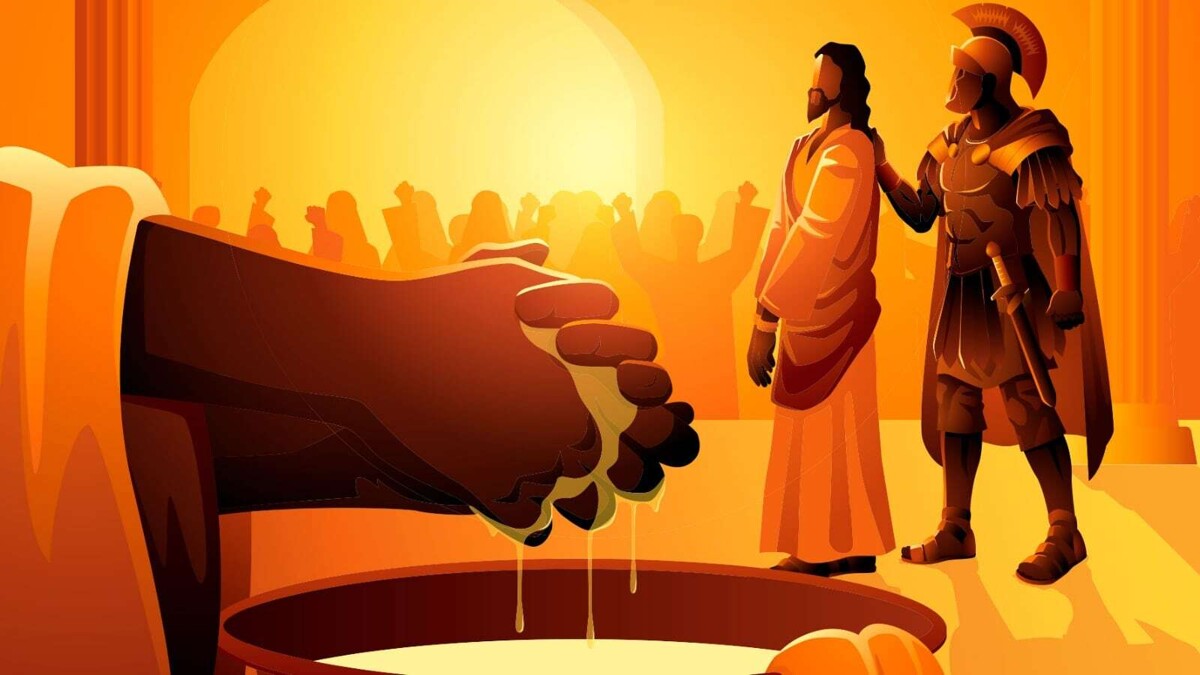
The case of Jesus and his criminal trial has always been a topic of debate and controversy in history. Unlike other legal processes, such as that of Joan of Arc, which had abundant documentation and expert testimonies, Christ's trial was criticized for its lack of legality. Both trials against Jesus were noted to be considered illegal and unjust according to Jewish laws of the time.
In the context of Jewish criminal law, conducting a trial on the eve of holidays was prohibited if it involved the imposition of the death penalty. Moreover, capital punishment was foreseen for those who incited rebellion. In the Roman case, the process against Jesus was based on the judge's discretion, termed "crimina extraordinaria", which led to a series of procedural irregularities.
Historians like Laplatte have pointed out the pressure exerted on Pilate and his role in the condemnation of Jesus, including the drafting of the "titulus" that would be placed on the cross. It has been argued that multiple procedural and criminal norms in force at the time were violated, casting doubt on the legality of the procedure.
Jesus's trial involved two different tribunals with distinct regulations, with capital offenses under the jurisdiction of the Roman magistrate rather than the national courts. All these elements contribute to questioning the justice of the process against Jesus.
In summary, the case of Jesus before the courts of the time represents a milestone in the history of criminal procedure, not only because of the unique figure of the accused but also due to the historical, cultural, and religious implications it has had over the centuries. The lack of legality and the irregularities in his trial continue to be a subject of reflection and debate in various fields, including legal and theological.














